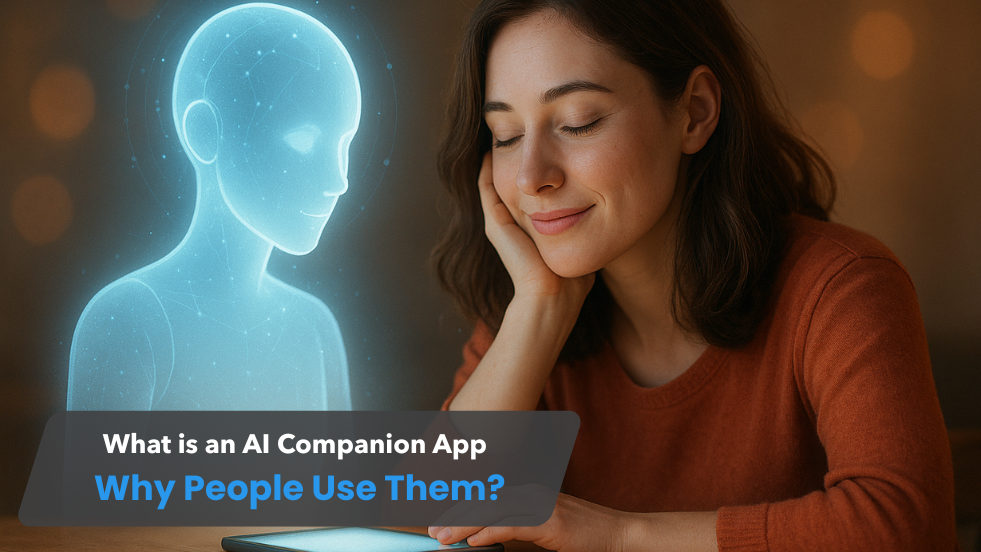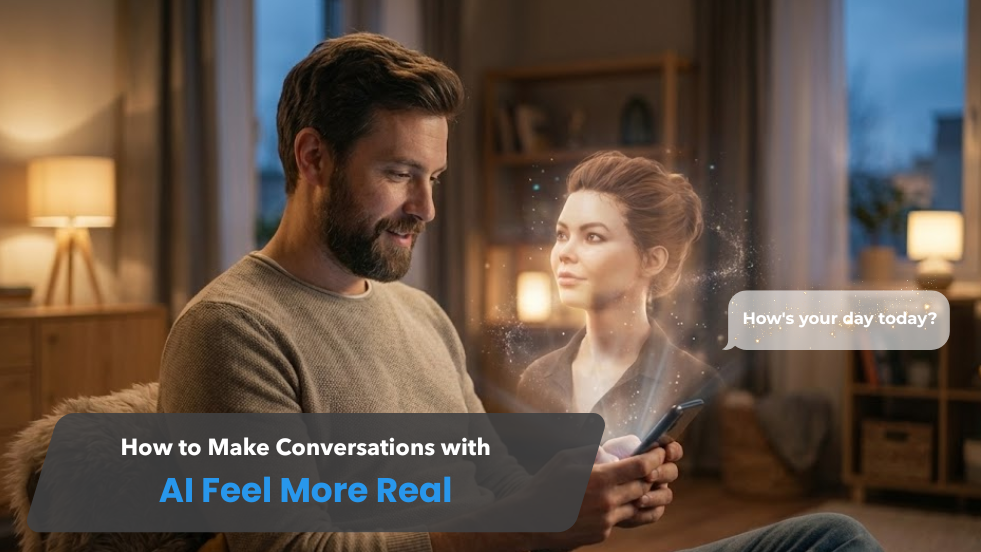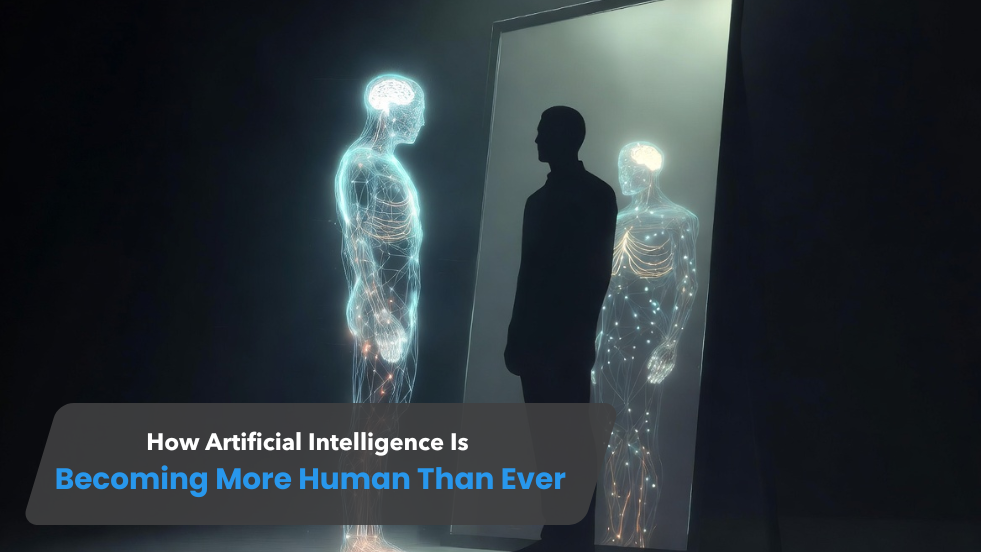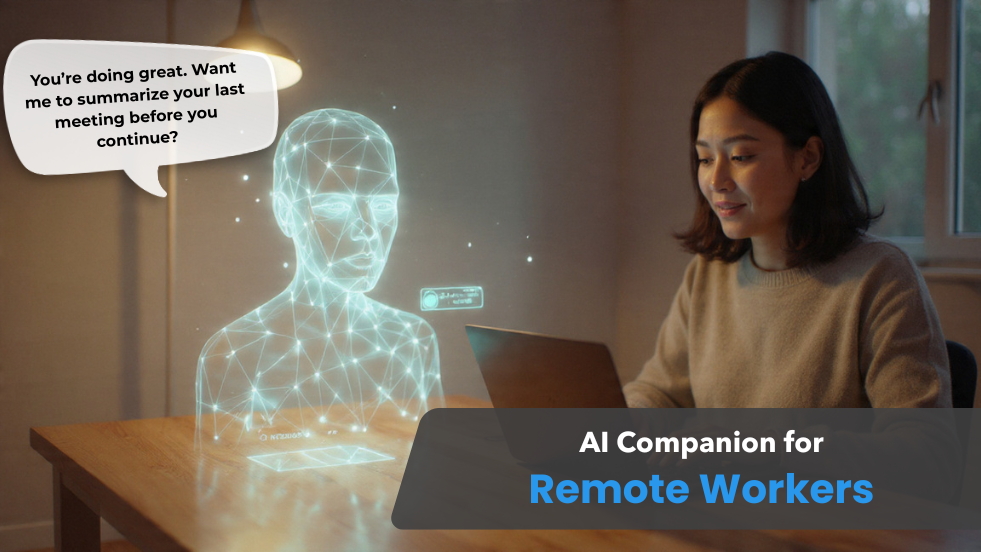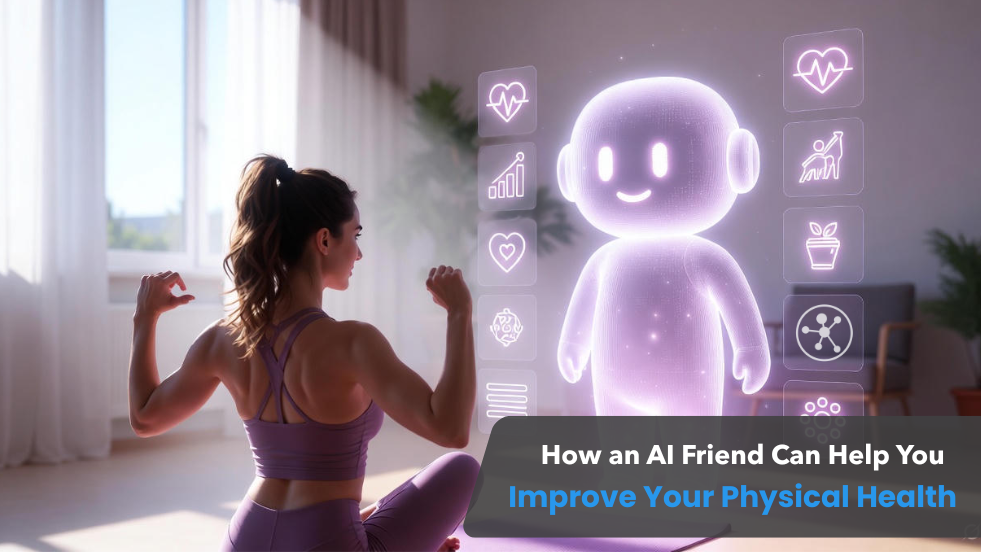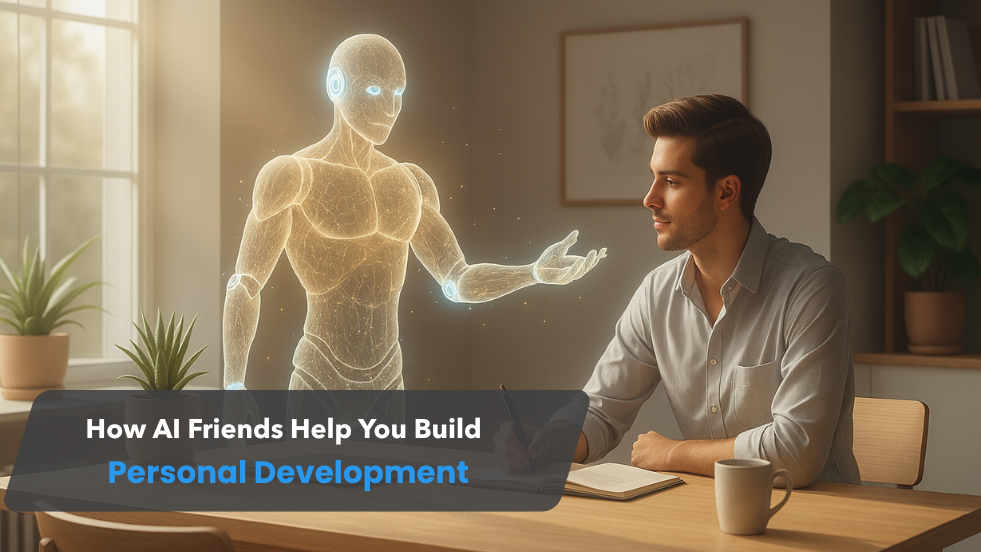In the digital age, AI companion apps are becoming trusted companions as well as personal confidants and sometimes even lifelines to emotional wellbeing for millions users across the globe. They are at the core of the apps that are made to replicate meaningful conversations, offer emotional support and adjust to individuals’ personalities. They are used by people for many reasons, including isolation, curiosity, self-growth and stress management, or simply for the need of an unprejudiced, safe place to speak. Contrary to traditional chatbots designed to assist customers or for tasks automation, AI companions are made to provide more intimate, human-like interactions that feel intimate and comfortable.
Understanding AI Companion Apps
An AI companion app is more than just a chatbot, it acts like a digital friend powered by artificial intelligence.. It is more than just providing basic answers. It listens, recalls, and continues to learn. As time passes, the app changes to meet the user’s needs in terms of preference, communication style and emotional habits, which makes conversations seem more human and less artificial.
Imagine it as an ever-present companion you carry in your purse, ready to connect during the night, to discuss your own challenges, or even have a good time. While some people view them as an opportunity to play using technology, others depend on them as real emotional companions who play an essential role in everyday life.
Apps like Personal Human AI are built with this human-centered design in mind, aiming to provide conversations that feel natural, empathetic, and supportive while respecting user privacy.
Why People Use AI Companion Apps
People choose AI companions for reasons that go well beyond novelty. Here are some of the most popular:
1. Combatting Loneliness
It is a growing issue for lonely people all over the world. There aren’t many people who can communicate with all the time and AI companions offer a quick non-judgmental solution to fill the gap in your life. For many, having a “friend” who listens can make life easier and less lonely.
2. Safe Emotional Outlet
As opposed to speaking with family members or friends, sharing thoughts through AI does not come with the fear of judgement or criticism. Many users refer to it as a secure place to freely discuss their fears, thoughts, fears, or concerns.
3. Mental Well-being Support
Although they are not a substitute for professional counseling, AI partners can help promote the practice of mindfulness, positive thinking and help with stress relief. A lot of apps are designed to offer positive messages, mood-monitoring and relaxation techniques that assist users in regulating their emotions.
4. Curiosity About AI
Some users are captivated by technological advancements. The idea of interacting with an artificial intelligence that can ‘understand’ and ‘respond’ is highly appealing. This passion often leads to increased usage as people discover how customizable and adaptable the interactions can be.
5. Social Skills Practice
AI companions can also serve as a safe training ground for individuals facing social interaction difficulties, anxiety, or those learning a new language. Engaging in conversations with an AI allows people to build confidence and self-assurance without the pressure of real-world judgment.
6. Entertainment & Companionship
Sometimes, the experience isn’t particularly deep. For many people, AI companion apps are simply a fun way to pass the time, relieve boredom, or enjoy playful interactions with friends whenever they choose.
How AI Companions Work
The majority of AI companion apps are based on sophisticated conversational algorithms which analyze input from users as well as context and emotional tone. They don’t simply respond to questions, they build upon previous interactions to make conversations seem real and engaging. As time passes, they create an illusion of continuity and familiarity, like a genuine friendship.
Certain apps also allow users to personalize their characters or avatars, as well as chat styles. Personalization enhances the emotional connection and helps make the interactions feel more personal.
Key Features People Appreciate
- Because these apps are designed to feel as human as possible, many offer interactive features that enhance the user experience. Some of the most common include:
- Personalized Conversations: AI companions can remember details from past chats and pick up right where you left off, making interactions feel more personal and meaningful.
- 24/7 Availability: Unlike people, AI is always there — day or night. You never have to worry about them being asleep, busy, or unavailable.
- Mood Awareness: Some AI companions are even capable of picking up on your emotional state. They adjust their responses to reflect your mood or offer encouragement when you need it most.
- Journaling and Self-Reflection Tools: These features provide a digital space where you can express your thoughts, reflect on your day, and work on building self-awareness and confidence.
- Privacy Controls: Most apps prioritize your privacy, allowing you to choose what information you share and how it’s used.
These features make a simple chatbot something that is truly helpful and meaningful.
Benefits Beyond Conversation
The benefits of AI companions goes far beyond merely chats that are casual:
- Personal Growth: Certain apps offer prompts to stimulate reflection and assist users in working towards their personal goals.
- Stress Relaxation: Talking to an empathetic, calm voice, even an artificial one can reduce anxiety.
- Consistency: Unlike humans who might not be accessible, AI companions are there at any time.
- Confidence boost: Engaging in conversations in a secure environment can help users communicate better in the real world.
Criticisms and Considerations
As with all emerging technologies, AI companion apps aren’t free of concerns.
- Emotional Dependence: Many are worried about users developing strong bonds which could hinder their real-world relationships.
- Privacy Risks: Because these apps deal with sensitive personal data privacy, transparency and data protection are vital.
- Boundaries of AI Though they are smart, AI companions don’t truly “understand” emotions in a human way. They mimic empathy, which might not be sufficient for all users.
It’s crucial to think of AI companions as a tool to support their lives, not as replacements for connections or professional assistance in the event of need.
Final Thoughts
AI companion apps aren’t an exciting concept, they’re now commonplace in the lives of millions. They can help ease anxiety, increase confidence, or simply facilitate a casual chat. These apps have proved their worth in ways that no other technology has previously.
The reason for their ubiquity lies in an undisputed fact: people are drawn to connection. If technology can meet this need in a secure and supportive manner it is more than an app. It becomes an essential lifeline.
When someone asks “What is an AI Companion App, and why do people use them?” The answer is simple: it’s a digital companion designed to listen, help and be connected at any time and anywhere.
